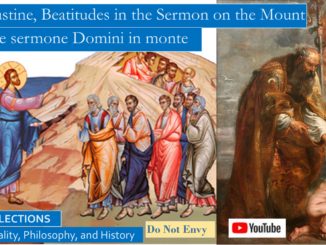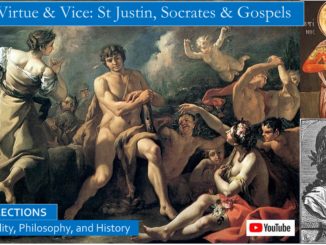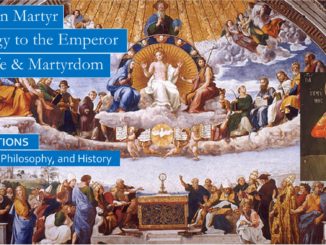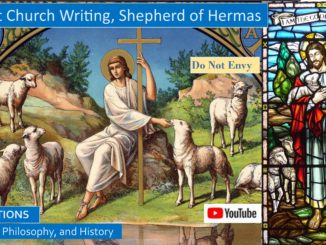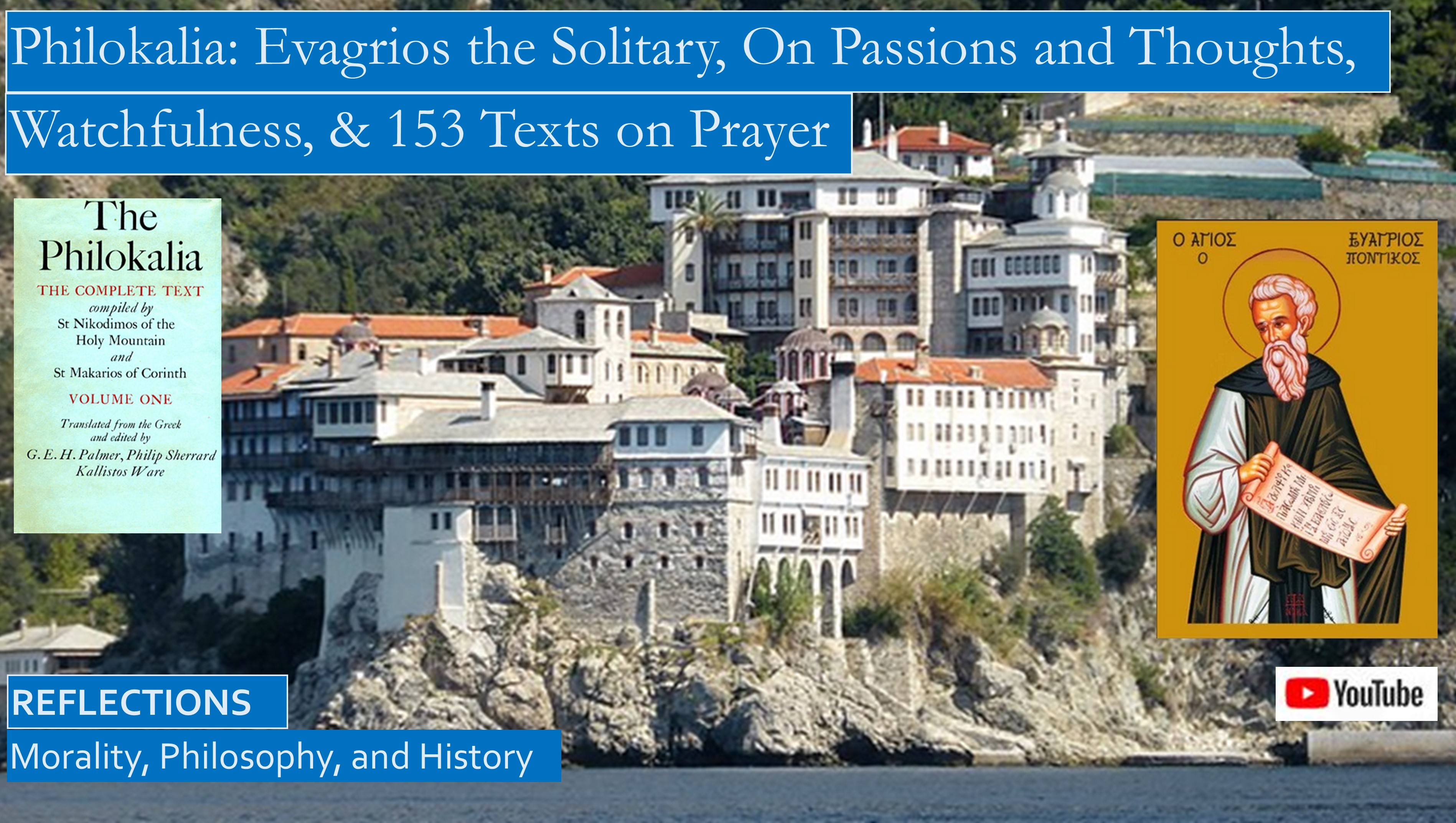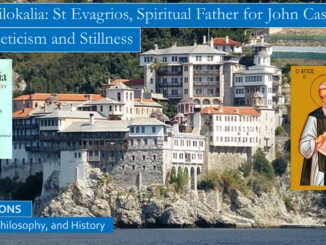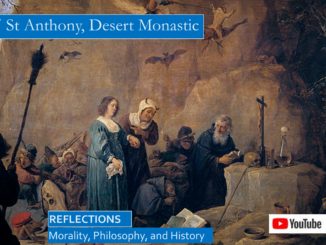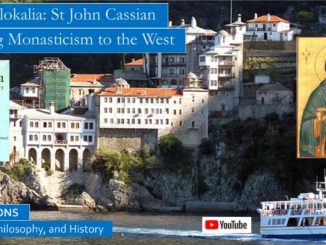
St John Cassian and the Vice of Gluttony, Blog 1
John Cassian’s teachings in the Philokalia are a good summary of the Ladder of the Divine Ascent. His teachings on the Eight Vices are advice to those seeking salvation as monks, so we must discern how these teachings apply to those of us who seek salvation in the secular world; indeed, imagine what advice he would give to us living in the secular modern world to resist the vices of gluttony, unchastity, avarice, anger, dejection, listlessness, self-esteem, and pride.
The early Church Fathers always talk about fasting, the struggle against gluttony, as the first vice to conquer, once you conquer fasting, the other vices become easier to conquer. The spiritual life is about changing your habits, adopting good habits, discarding bad habits, indeed habitually seeking to change your daily habits for the good. […]

